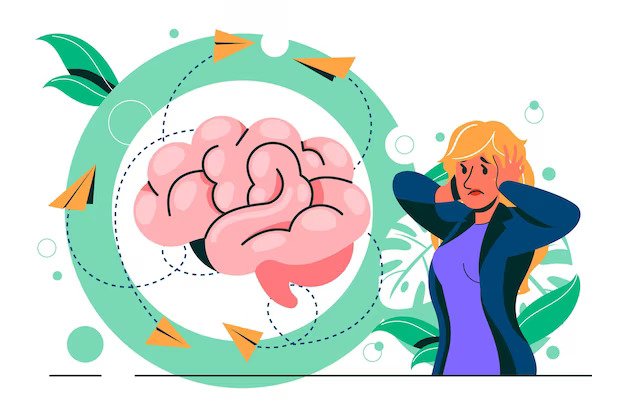Understanding Indian Positive Psychology

Indian Positive Psychology is an interdisciplinary field that integrates India's rich philosophical, spiritual, and cultural traditions into the study of positive human experiences and well-being. As a subfield of positive psychology, it focuses on understanding and promoting positive emotions, strengths, and a fulfilling life, drawing from Indian wisdom.
- 1. Yoga and Meditation: These practices are central to Indian Positive Psychology, promoting mental and emotional well-being, self-awareness, and personal growth.
- 2. Mindfulness and Self-Awareness: Emphasizes being present and aware, observing thoughts and emotions to develop a deeper understanding of oneself.
- 3. Ancient Wisdom: Draws from ancient Indian texts and philosophies like Vedanta, Yoga Sutras, and Bhagavad Gita, integrating these teachings into positive psychology.
- 4. Spirituality and Inner Fulfillment: Recognizes the role of spirituality in well-being, encouraging a deeper connection with one's inner self and a sense of purpose.
- 5. Holistic Approach: Considers the physical, mental, emotional, and spiritual aspects of life, promoting overall well-being.
- 6. Positive Practices: Promotes practices like gratitude, compassion, and forgiveness to enhance well-being, aligning with Indian cultural values.
- 7. Balance and Harmony: Encourages seeking balance and harmony in life, including in relationships, work, and personal pursuits.
- 8. Community and Social Well-Being: Recognizes the importance of social connections, family, and community support in promoting well-being.
Indian Positive Psychology offers a unique perspective by integrating ancient Indian wisdom and practices into the field of positive psychology. It is not only concerned with personal happiness but also emphasizes human flourishing, ethical living, and the interconnectedness of all beings, making it particularly relevant for those interested in holistic and culturally rich approaches to well-being.
